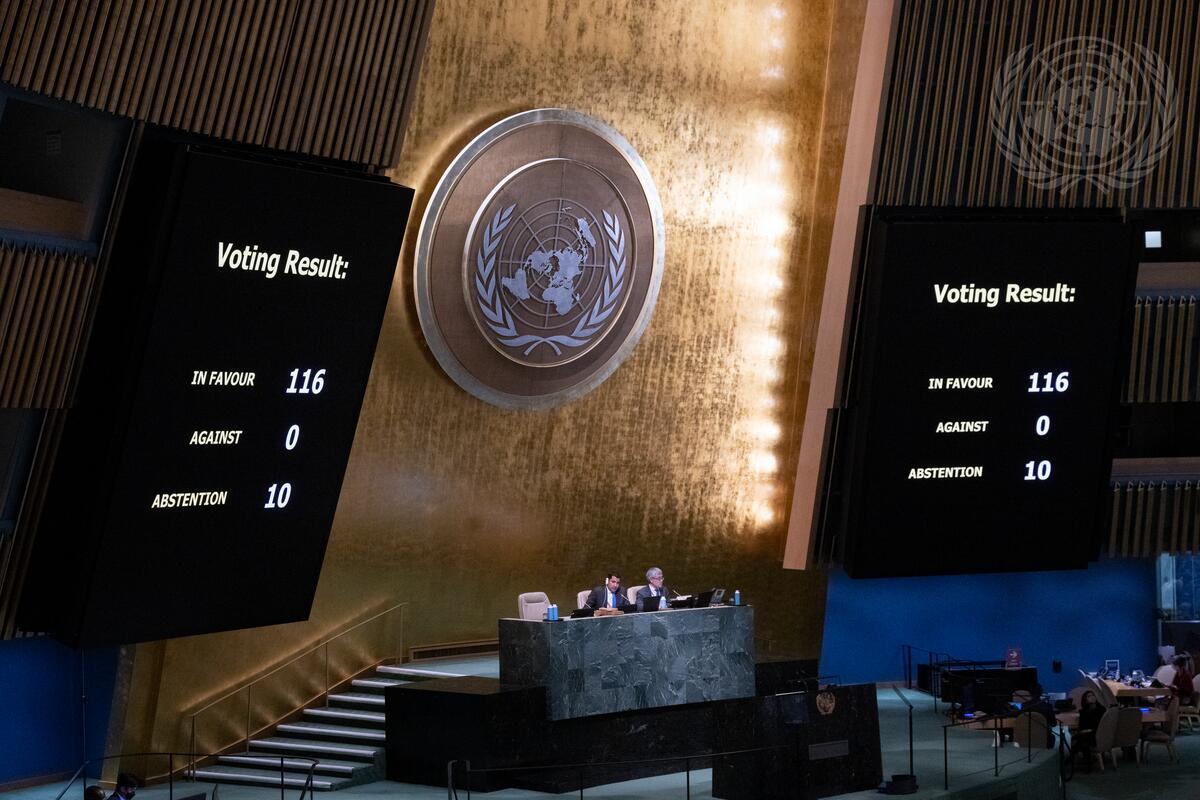Since the fall of Kabul at the hands of the Taliban, the clock has turned around to 180 degrees. The Pakistani security establishment, which appeared to exercise full control over the Taliban leadership, appeared helpless as the Tehreek e Taliban carried out a string of attacks on the security forces. Despite American pressure, the Taliban refused to eliminate Al-Qaeda from Afghan soil, which eventually resulted in the revival of drone strikes killing Al Zawahiri. The other threat to the US stems from the Islamic State (Daesh), which too stepped up its efforts to target both Taliban and religious minorities in Afghanistan. Attacks by Daesh on the Chinese have also slowed down China’s enthusiasm to invest in the Afghan economy. In the past, the Taliban and the Haqqani Group highlighted their attacks on Afghan security forces to delegitimize the elected Afghan government. The Taliban faces the same questions today after some of its officials were killed in attacks from Daesh.
Meanwhile, the Taliban has gone back on the pledges it made to the international community regarding women’s education and political representation of Afghan’s other ethnic groups. While it is believed that they are being instructed by Pakistan since it is advocating for legitimizing the Taliban by the international community, the contrary happens to be true. The Taliban and the US have been cooperating against Daesh for a few years but it is less likely that American assistance could influence the Taliban to work towards a more inclusive polity.
The Taliban is also cognizant of the history of international aid programs secured by Pakistan solely due to its role in the War on Terror, which destroyed the social fabric of the Afghans and the people of the erstwhile FATA region in Pakistan. In light of the visit of the Pakistani foreign minister to the US as well as statements from American officials to support its fight against the TTP, the Taliban has reasons to believe that Pakistani leadership, to save its sinking economy, might create conditions for another American intervention in the Af-Pak region. A few months ago, after the killing of Al Zawahiri, the Taliban accused Pakistan of facilitating American strikes. Pakistan has not come clear on its role in Zawahiri’s killing, confirming the Taliban’s suspicions that the army and the American agencies could be working out another joint venture.
In this power game, the actual victims are the Afghans who are victims of the Taliban’s internal conflict as well as the Pakistani deep state’s efforts to secure funds at the cost of stability in Afghanistan. Socio-economic indicators have registered a sharp decline as hunger and unemployment remain high in the Afghan hinterland. Working women, especially those with no male support have been pushed to the brink of starvation by the Taliban’s policies. There is a rise in child marriages as poor families are forced to sell their daughters to sustain themselves. Women’s rights were agreed to on the day of signing the Doha Agreement and the Taliban, in their volte-face termed the ban on women’s education as a religious responsibility.
The larger question to be asked is whether the Doha Agreement remains of any utility in the present-day circumstances and whether the international pressure has been enough to prevent the Taliban from dishonouring its pledges. Neither the promise of women and nor the demand to eliminate Al-Qaeda was honoured, as the Taliban’s policies show. Today, Afghanistan has a vibrant diaspora consisting of young and educated people working across different sectors and devoid of any sectarian outlook as demonstrated by their successful integration into the respective societies they inhabit outside Afghanistan. They are the biggest proof against the Cold-war era narratives that Afghans are a war-loving community. The United Nations and democratically chosen representatives of the Afghan Diaspora should lead the efforts by the broader international community and the United States to coerce the Taliban to represent women and all ethnic groups as equal citizens before it is too late.
Image – media.un.org – General Assembly Meets on Situation in Afghanistan

